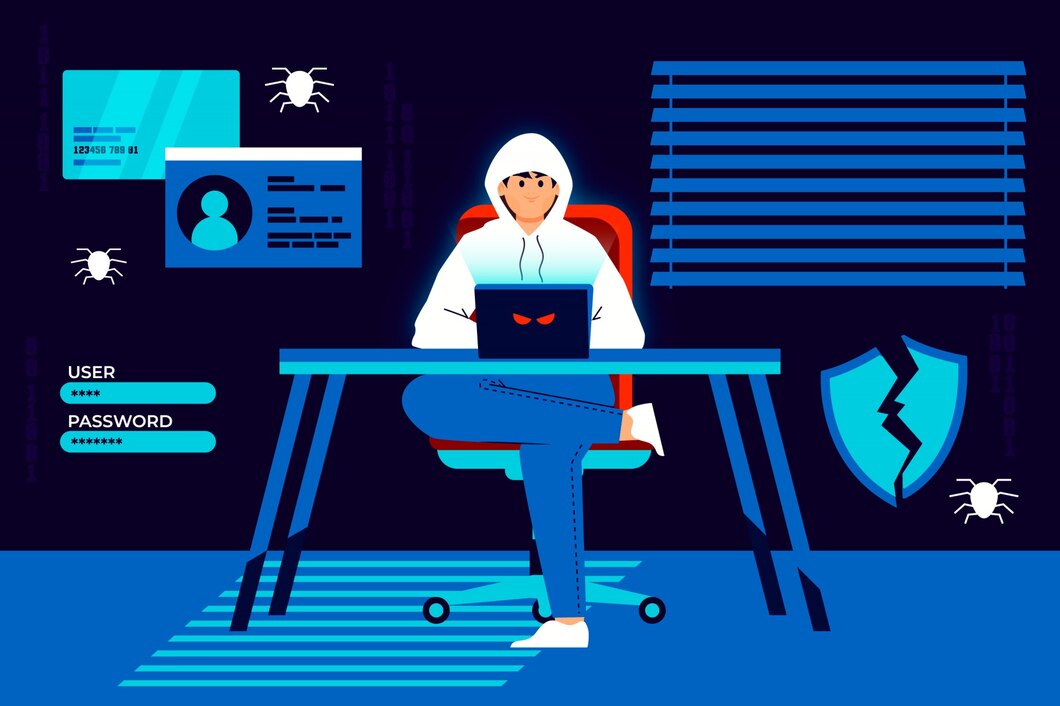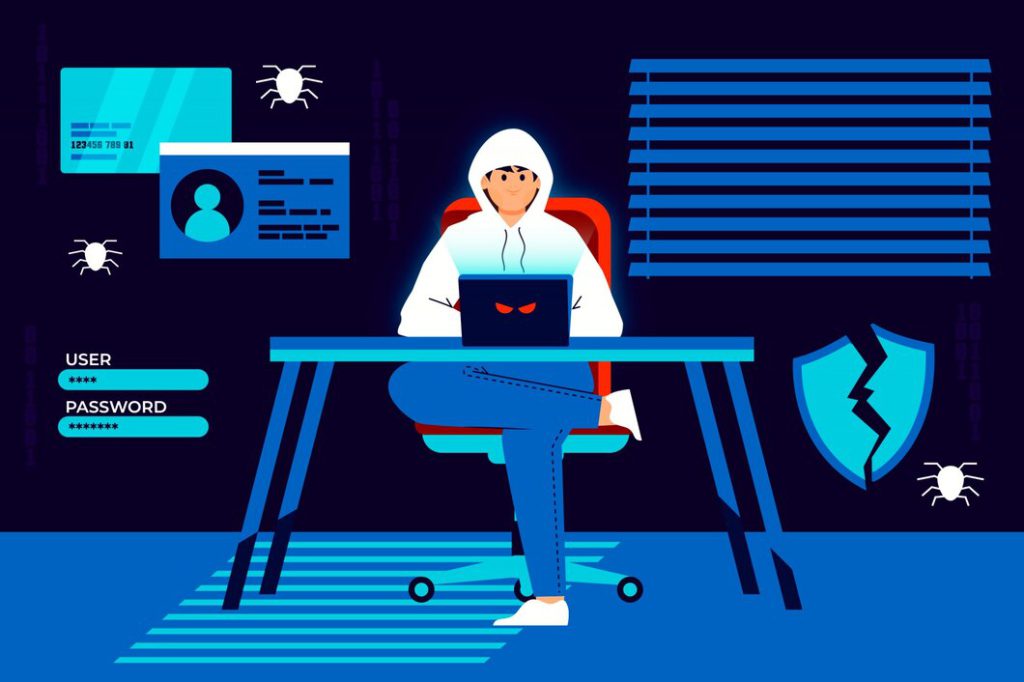Accident Lawyer 101: The Ultimate Guide For…
How to Document Your Accident Claims After an accident, it’s essential to document the injuries…

In today’s world, the internet plays a huge role in business and daily life. Having an online presence has become essential for businesses to grow and stay competitive. Websites and domain names are crucial parts of this online presence. However, with the growing importance of domain names, a problem called cybersquatting has emerged. There are Cybersquatting Laws in india.
Cybersquatting involves registering, selling, or using a domain name that belongs to someone else, usually a well-known business or brand, with the intent to make a profit. This practice is considered illegal in many countries, including India, and there are laws to prevent it. In this article, we will explore cybersquatting, its effects, and how the Indian legal system deals with it.

Cybersquatting happens when someone registers a domain name that is similar or identical to a well-known trademark or business name. The aim of cybersquatters is to sell the domain name at a higher price to the rightful owner, causing disruption and confusion for businesses. For example, if a company named “Bright Electronics” has the domain name “brightelectronics.com,” a cybersquatter might register “brightelectronics.in” with the hope of selling it to Bright Electronics for a hefty sum.
Cybersquatting can hurt businesses in multiple ways:
India has seen a rise in cybersquatting cases with the increasing importance of online business. The Indian legal system has provisions to protect businesses from cybersquatting. While India does not have a specific law dedicated solely to cybersquatting, it addresses the issue through various legal frameworks such as trademark laws and domain name dispute policies.
The primary law that deals with cybersquatting in India is the Indian Trade Marks Act, 1999, which protects trademarks from misuse, including in the online space. Additionally, domain name disputes are handled under the .IN Domain Name Dispute Resolution Policy (INDRP), which was created to resolve conflicts related to domain names ending in .in.
The Trade Marks Act, 1999 is the main law that provides protection to trademarks in India. A trademark is any word, name, symbol, or design that identifies and distinguishes the source of goods or services. If someone uses a domain name that is confusingly similar to a registered trademark, it can be considered trademark infringement.
Under this act, the rightful owner of a trademark can take legal action against the cybersquatter for infringing on their rights. The remedies available under the act include:
Apart from trademark law, the .IN Domain Name Dispute Resolution Policy (INDRP) plays a significant role in addressing cybersquatting in India. The policy applies to all domain names that end with “.in” (such as “example.in”).
The INDRP was introduced by the National Internet Exchange of India (NIXI) to resolve disputes involving .in domain names. If a person or business believes that someone has registered a domain name in bad faith, they can file a complaint under the INDRP.
A domain name is considered to be registered in bad faith if:
Under the INDRP, a sole arbitrator is appointed to decide the case. The process is quicker than traditional court proceedings, and if the arbitrator rules in favor of the trademark owner, the domain name is usually transferred to them.
There have been several notable cybersquatting cases in India, which highlight the importance of protecting domain names and trademarks.
These cases demonstrate that Indian courts and arbitration panels are taking cybersquatting seriously and providing remedies to protect the rights of businesses.
While the legal system provides protection against cybersquatting, it’s always better for businesses to take preventive measures. Here are some steps that businesses can take to avoid falling victim to cybersquatting:
Cybersquatting is a growing problem in India, as more businesses rely on the internet to reach their customers. Although India does not have a dedicated cybersquatting law, it provides protection to businesses through the Trade Marks Act, 1999, and the .IN Domain Name Dispute Resolution Policy. By understanding these laws and taking proactive steps, businesses can protect their online presence and avoid the negative consequences of cybersquatting.
If you suspect that your domain name has been registered by a cybersquatter, or if you want to learn more about how to protect your business from cybersquatting, feel free to contact Trident Legal Services. We are here to help you safeguard your brand and navigate the complexities of cybersquatting laws in India.
+91 820 890 9423
desk@tridentlegal.in
Flat No. 302, Kalunkhe Niwas, Khopade Nagar, Gujaewadi, Katraj, Pune - 411041
I was really impressed with Trident Legal and Advocate Nikhil Rathod. Even though they just started,
Trident Legal and Advocate Nikhil Rathod are really good at what they do. Even though they
I had a great experience with Trident Legal and Advocate Nikhil Rathod. Even though they are
Trident Legal, with Advocate Nikhil Rathod, is like a rising star in the legal world. I
I was lucky to work with Trident Legal and Advocate Nikhil Rathod. Even though they just
Trident Legal and Advocate Nikhil Rathod are really amazing! They helped me with legal stuff and
Trident Legal and Advocate Nikhil Rathod are like superheroes! They are really good at legal stuff
I wasn’t sure about Trident Legal because they are new, but they surprised me! Advocate Nikhil
I had the honor of working with Trident Legal and Advocate Nikhil Rathod. They were really
Trident Legal, led by Advocate Nikhil Rathod, is like a superhero in the legal world. Even

How to Document Your Accident Claims After an accident, it’s essential to document the injuries…
Introduction1 Introduction2 1. Negotiation3 2. Mediation4 3. Arbitration5 4. Collaborative Law-Handle Legal Disputes6 5. Online…
Starting a business can be one of the most exciting adventures in life. Many entrepreneurs…
In today’s world, the internet plays a huge role in business and daily life. Having…
When starting a business, protecting your brand is essential. One of the best ways to…
In today’s fast-paced, globalized world, your brand is one of your most valuable assets. Protecting…